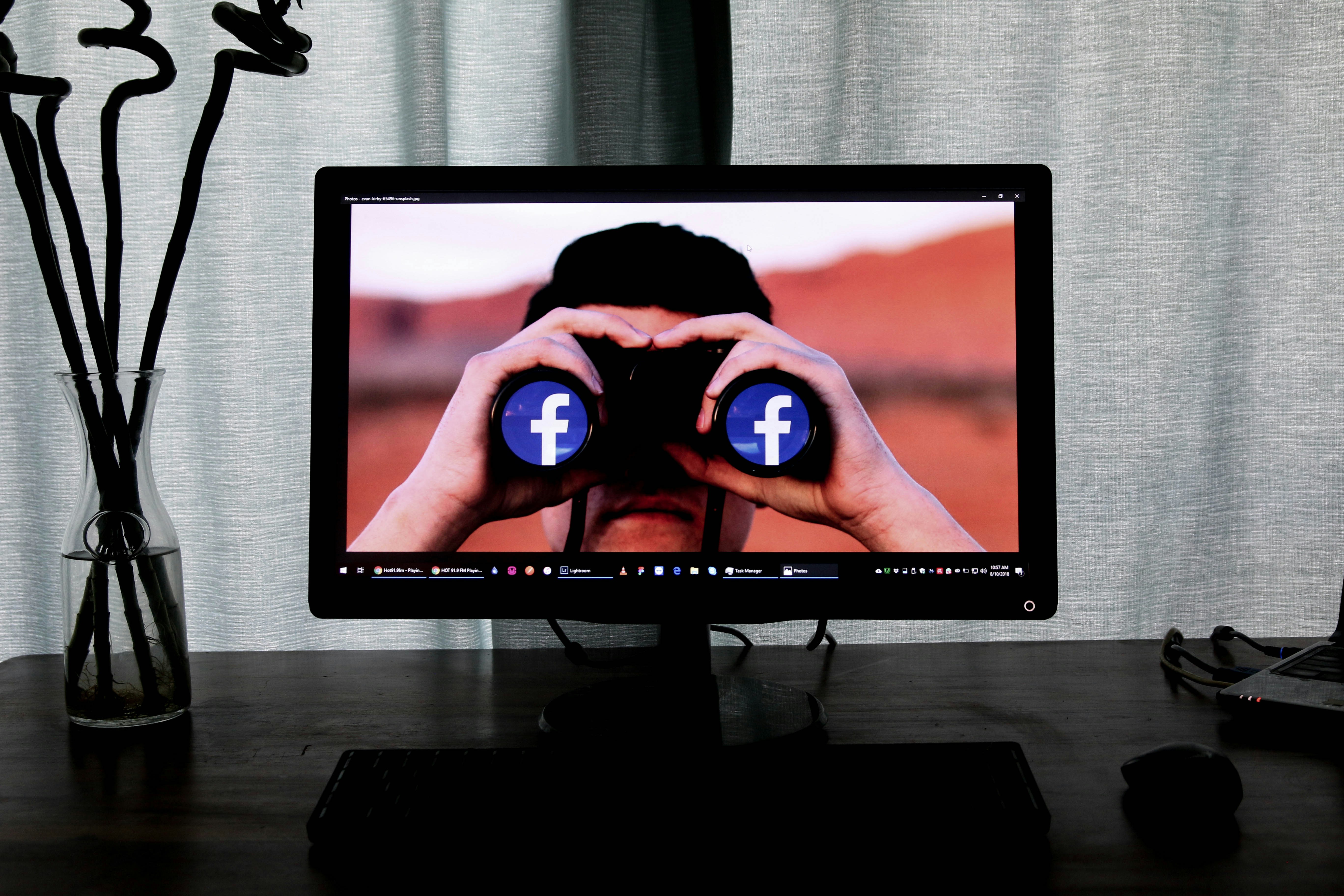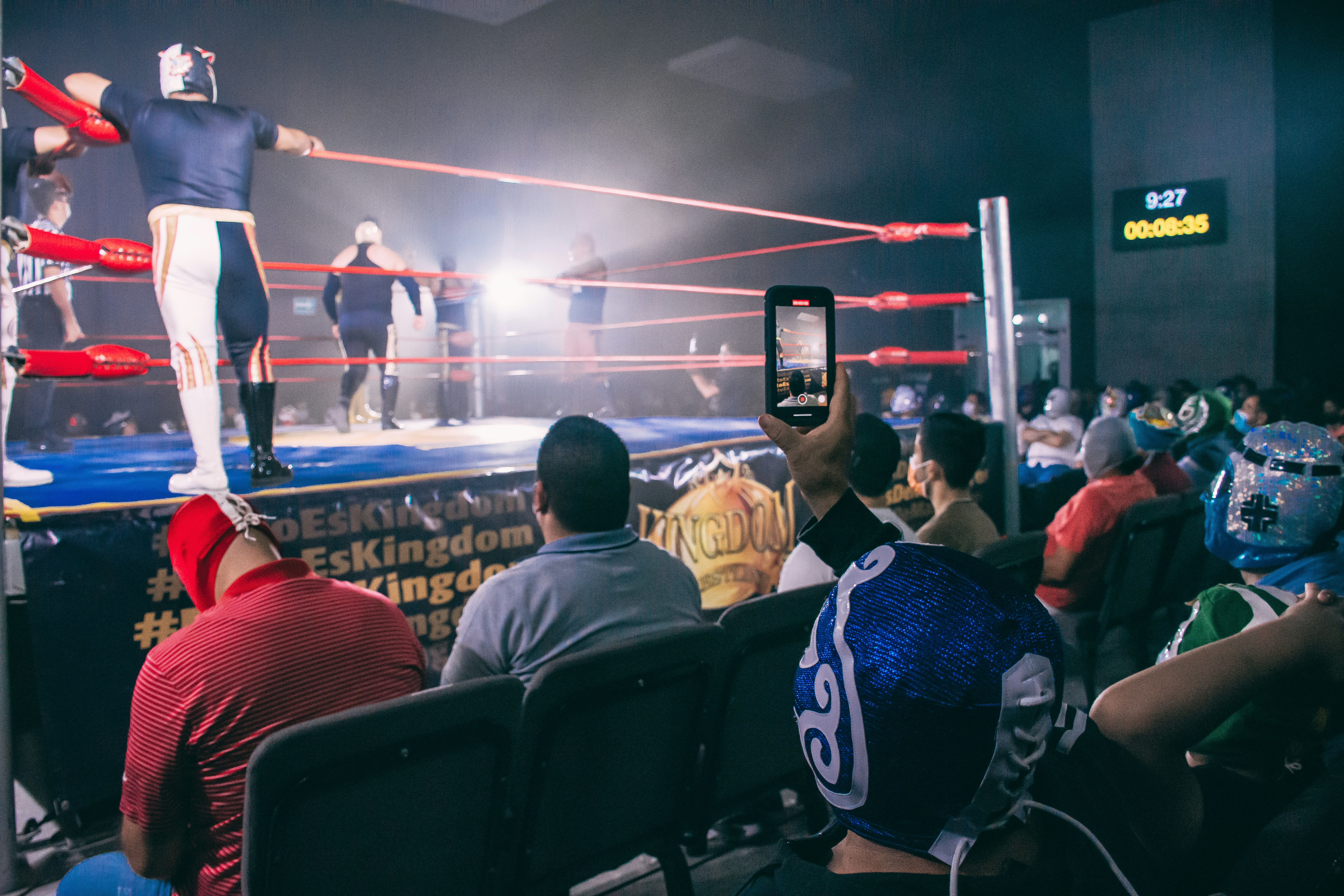Reimagining the Role of Social Media in Our Lives: A Sociocultural Perspective
The advent of social media has drastically altered the landscape of human interaction, identity formation, and societal change. From the ways we communicate and perceive ourselves, to how we participate in political and social discourse, social media platforms have become integral components of contemporary life. Read below to delve into the complex web of social media's influence on society.

Social Media: A Historical Backdrop
Social media is a relatively young phenomenon, yet its impact is vast. The first social media site, Six Degrees, was launched in 1997, allowing users to create profiles and connect with others. Fast forward to today, we have a plethora of social media platforms like Facebook, Instagram, Twitter, and TikTok that shape our everyday experiences. These platforms have not only transformed personal interactions but have also sparked significant sociocultural shifts.
The Current Landscape: Social Media Trends and Impacts
Social media has become a dominant force in shaping cultural trends and societal behaviors. It has democratized information, making it easier for people to connect, share ideas, and mobilize for causes. However, it has also created a digitally mediated reality where users can curate their identities and experiences, leading to concerns about authenticity, mental health, and privacy.
The Social Media Phenomenon: Implications and Significance
The ubiquitous nature of social media has profound implications. It has revolutionized how we forge relationships, consume news, and participate in cultural and political dialogues. This digital revolution, however, is a double-edged sword. While it has facilitated unprecedented connectivity, it has also put into question issues of disinformation, cyberbullying, and digital addiction.
Discerning The Future: Social Media and Society
As we adapt to an increasingly digitized world, the role of social media in shaping our society will only grow in significance. It is crucial, therefore, to navigate this digital landscape with awareness and critical thinking. By recognizing its potential and pitfalls, we can better shape a digital future that reflects our shared values and aspirations.
In conclusion, social media, with its capacity to connect people, disseminate information, and influence public opinion, is a powerful sociocultural tool. As we continue to grapple with its implications, the need for thoughtful engagement and conversation about its role in our lives becomes increasingly important. The future of social media is an evolving narrative, one that we all have a role in shaping.




